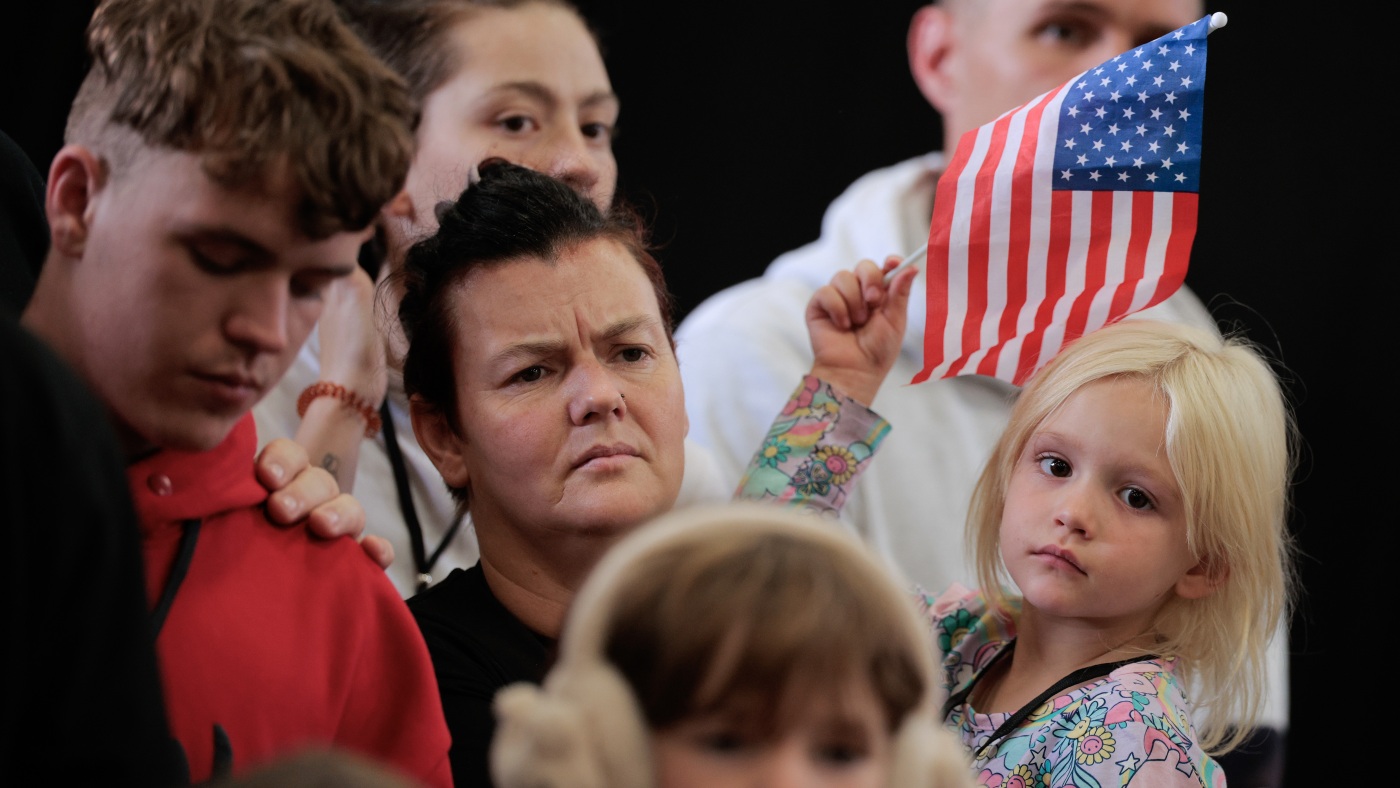The Unprecedented Arrival of Afrikaners in the U.S.
The United States has long been a beacon of hope for those fleeing persecution, but a recent shift in refugee policy has sparked intense debate. The arrival of 59 Afrikaners, descendants of mainly Dutch colonists, under a radically reshaped refugee program, marks a significant and controversial moment in U.S. immigration history. This move, initiated by an executive order from President Trump, has raised questions about fairness, consistency, and the future of U.S. refugee policy.
Understanding the Afrikaners and U.S. Refugee Policy
The Afrikaners: A Brief Historical Overview
The Afrikaners are a distinct ethnic group in South Africa, tracing their lineage back to Dutch settlers who arrived in the 17th century. Their cultural heritage is rich and complex, having significantly shaped South African history. However, their contemporary status is fraught with tension. Some Afrikaners claim to face discrimination due to policies related to land expropriation and affirmative action, which have led to a sense of marginalization and insecurity.
The Trump Administration’s Refugee Policy
The Trump administration has been characterized by its restrictive immigration policies, including substantial cuts to the refugee admissions program. The U.S. refugee resettlement process typically involves rigorous vetting and processing, which can take years. This context makes the expedited process for the Afrikaners all the more striking.
The Executive Order and the Expedited Process
The Executive Order: A Pivotal Decision
In February 2020, President Trump signed an executive order that allowed white South Africans, specifically Afrikaners, to apply for refugee status in the U.S. This order cited concerns over racial discrimination and potential “genocide” faced by the Afrikaners in South Africa. It directed U.S. officials to prioritize the resettlement of these individuals, even as the broader refugee program remained largely suspended.
Expedited Reviews and Charter Flights
The 59 Afrikaners underwent expedited reviews that took mere months, a process that typically spans years. They were brought to the U.S. on a government-chartered flight, an unconventional step for the refugee resettlement program. Upon arrival at Dulles International Airport, they were greeted by federal officials, another unusual occurrence. This swift and high-profile welcome starkly contrasts with the usual refugee resettlement process, which is often marked by lengthy vetting and bureaucratic hurdles.
The Implications and Controversies Surrounding the Move
Political and Public Reaction
The decision to grant refugee status to the Afrikaners has elicited mixed reactions. Critics argue that the move is politically motivated and contradicts the administration’s broader stance on immigration. Democrats and some human rights groups have expressed concern that this selective approach to refugee admissions undermines the principles of fairness and equality. The political divide on this issue highlights the broader tensions within U.S. immigration policy.
Humanitarian and Ethical Considerations
From a humanitarian perspective, the situation of the Afrikaners is complex. While some argue that they face genuine threats, others question the validity of these claims. The South African government has denied that Afrikaners are being persecuted, adding to the confusion and controversy. This ambiguity raises ethical questions about who deserves refugee status and under what circumstances.
Policy Consistency and Fairness
The expedited process for the Afrikaners raises crucial questions about the consistency and fairness of U.S. refugee policy. If the U.S. is willing to expedite the process for one group, why not for others facing similar or even more dire circumstances? This selective approach has led to accusations of favoritism and has sparked debates about the criteria used for granting refugee status. The perceived inconsistency in policy implementation undermines public trust and raises concerns about the objectivity of the refugee admissions process.
The Broader Impact on Refugee Policy
Setting a Precedent
The expedited resettlement of the Afrikaners sets a precedent that could influence future refugee policies. If the U.S. continues to prioritize certain groups over others, it could lead to a fragmented and inequitable refugee admissions system. This approach could also embolden other countries to adopt similar selective policies, further complicating global refugee management.
Public Perception and Trust
The public’s perception of U.S. refugee policy is crucial for maintaining trust and support. The expedited process for the Afrikaners has already sparked controversy, and continued inconsistencies could erode public confidence. It is essential for the U.S. to maintain transparency and fairness in its refugee admissions process to uphold its humanitarian principles and global leadership role.
Conclusion: Navigating a Complex and Divisive Landscape
The arrival of the first group of Afrikaners in the U.S. under a radically reshaped refugee program is a complex and divisive move. While it offers a lifeline to those who claim to be facing persecution, it also raises significant questions about the fairness and consistency of U.S. immigration policy. As the debate continues, it is clear that this decision will have far-reaching implications for both the Afrikaners and the broader refugee community. The U.S. must navigate these challenges carefully, ensuring that its policies reflect its commitment to humanitarian principles and fairness. The path forward requires a balanced approach that addresses the legitimate concerns of all stakeholders while upholding the values that define the U.S. as a beacon of hope and refuge.








